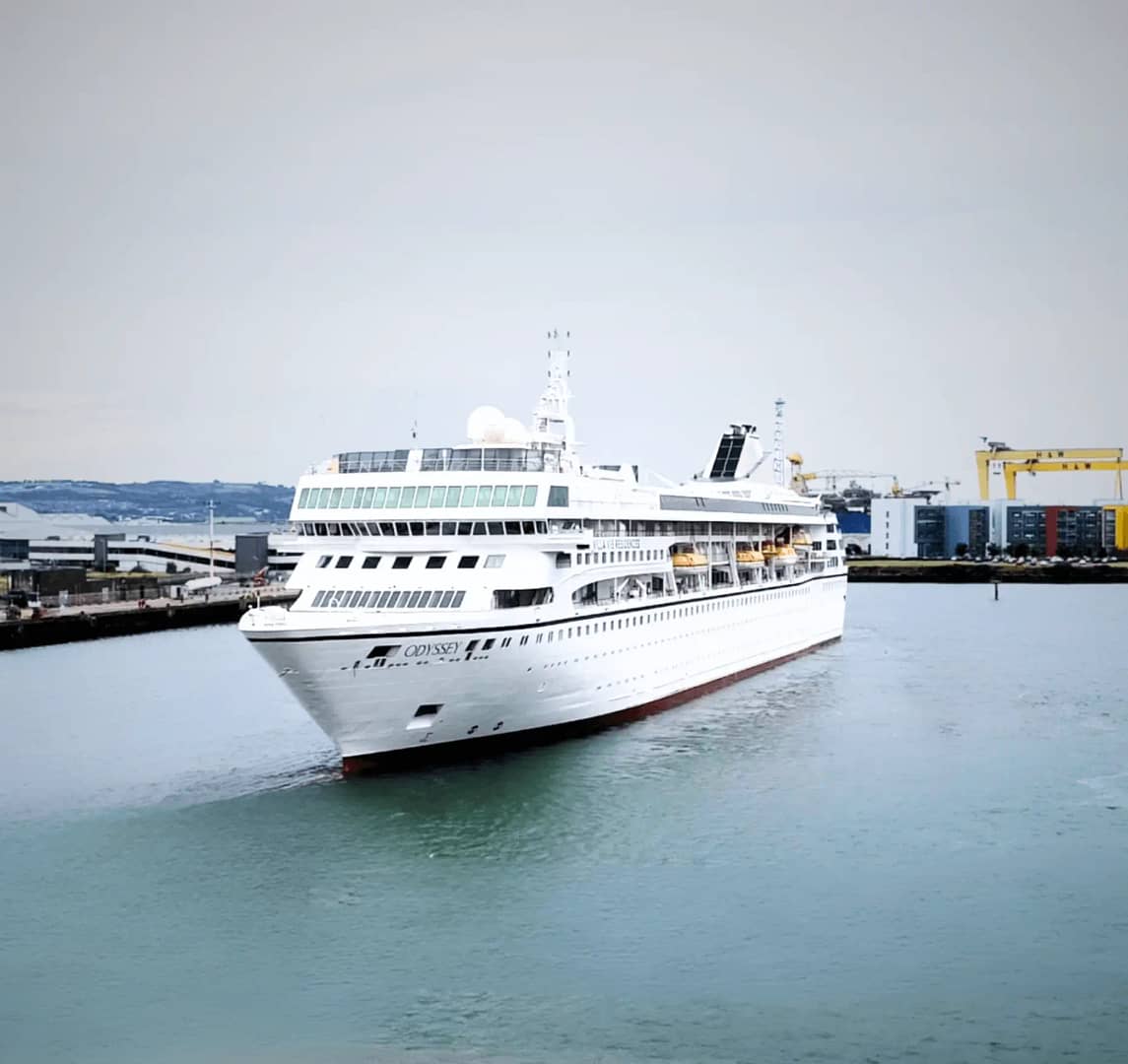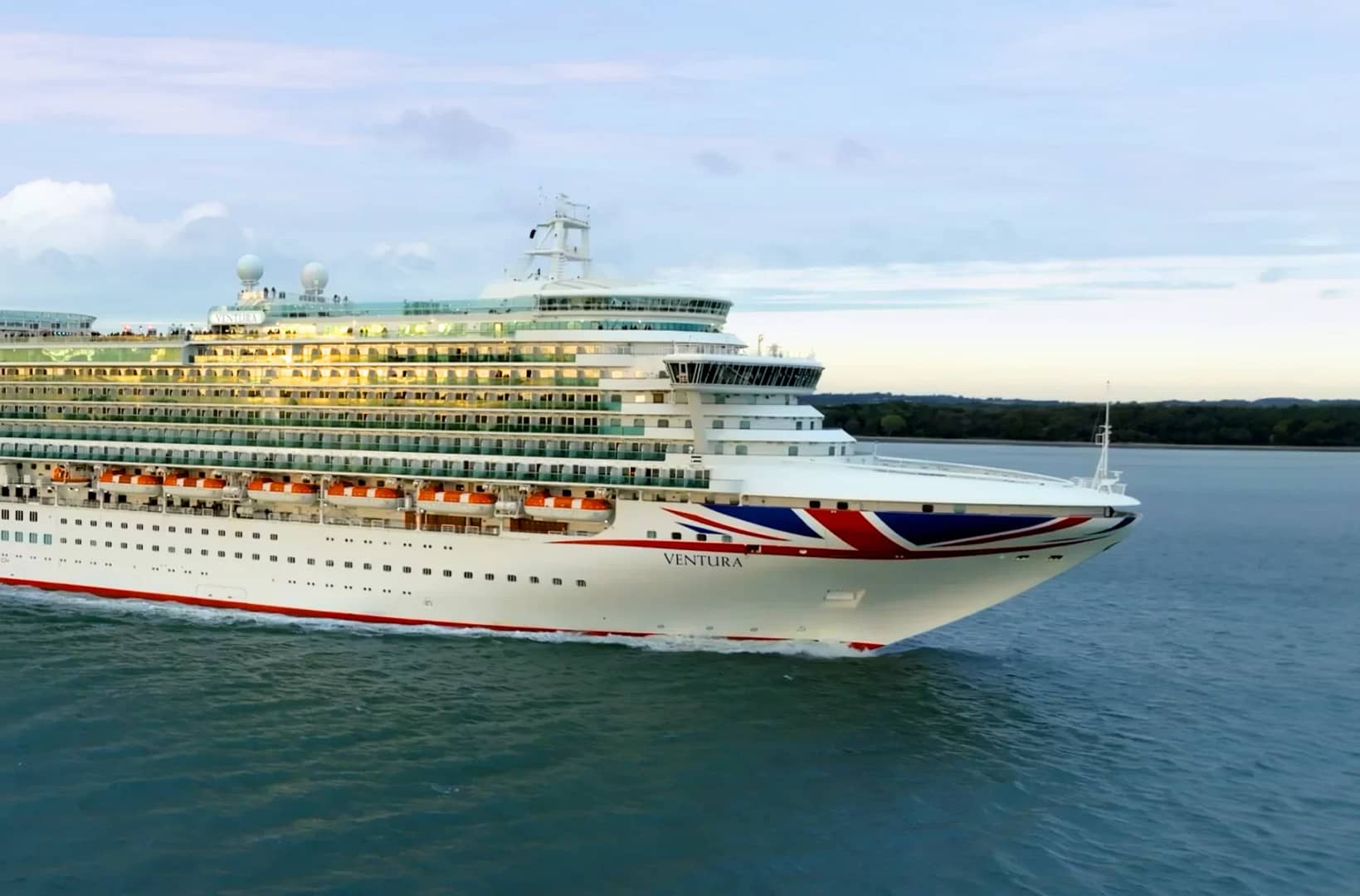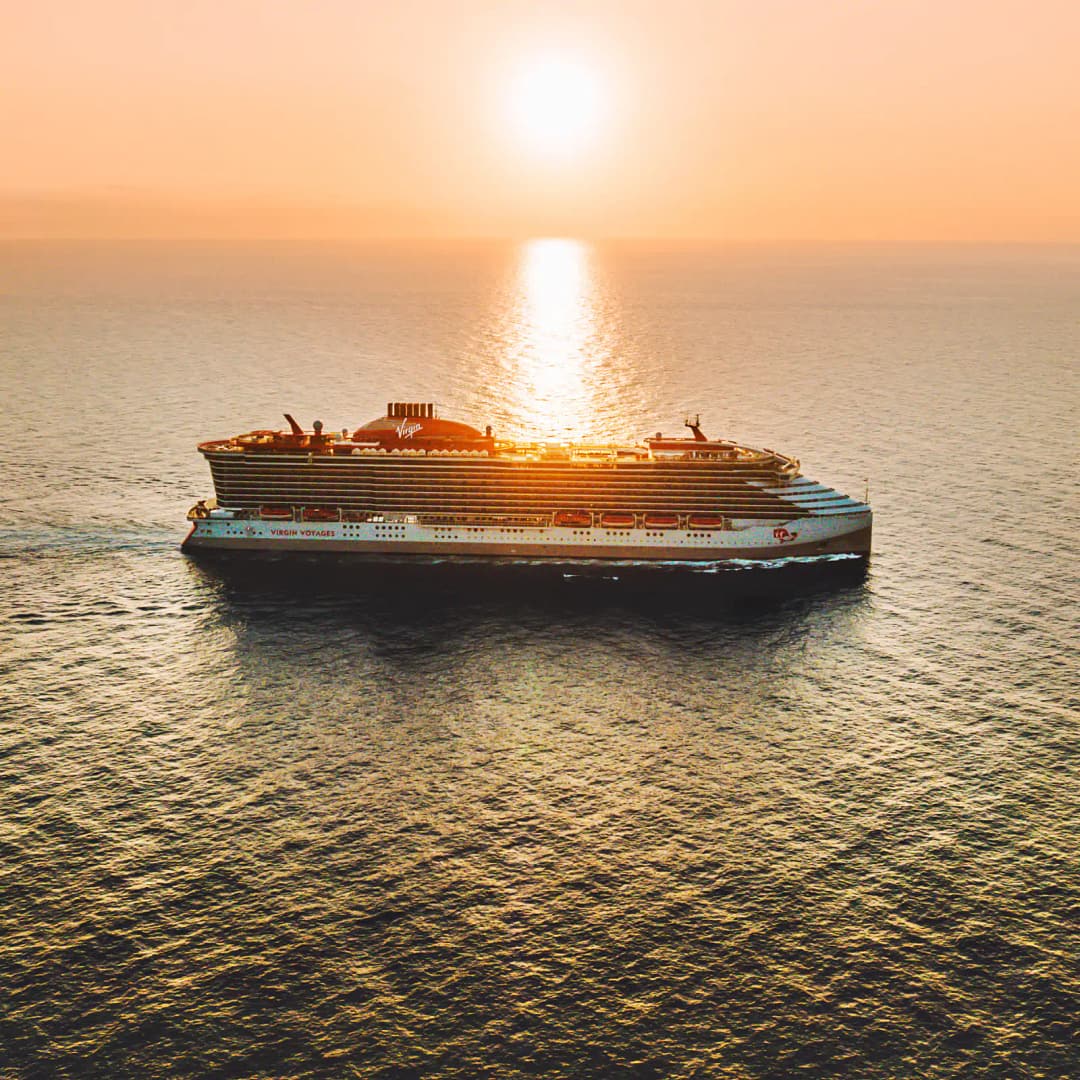Norovirus Outbreak Strikes Luxury Cruise Ship Queen Mary 2
A highly contagious norovirus outbreak has left over 240 individuals sick on the luxury cruise ship Queen Mary 2. As the ship nears the end of its four-week voyage from Southampton, England, to New York, the Centers for Disease Control and Prevention (CDC) has confirmed that more than 200 passengers and 17 crew members are suffering from gastrointestinal illness. Norovirus, known for its rapid spread in close environments like cruise ships, has forced increased sanitation measures and quarantines on board.
Watch it LIVE on Cruise News Central!
Number of Cases and Affected Passengers
Over 2,500 passengers boarded the Queen Mary 2 when it set sail from Southampton on March 8, with the voyage scheduled to end on April 6. However, during the journey, 224 guests and 17 crew members reported symptoms of norovirus, primarily gastrointestinal issues like diarrhea and vomiting. The virus spread rapidly due to its highly contagious nature, which makes cruise ships a hotspot for outbreaks.
The CDC is actively monitoring the situation, reviewing sanitation procedures, and providing guidance to ensure the health and safety of everyone on board. In response to the outbreak, Cunard Line has taken swift action to contain the spread by increasing cleaning protocols and isolating infected passengers. Despite these efforts, the virus continues to affect those on board.
What Is Norovirus? And Why It’s So Dangerous on Cruise Ships?
Norovirus is an extremely contagious stomach bug that can cause symptoms such as vomiting, diarrhea, stomach cramps, and nausea. It can spread quickly in crowded spaces, making cruise ships a prime location for outbreaks. According to experts, norovirus can be contracted by touching contaminated surfaces or ingesting even a tiny amount of the virus. The virus is resilient, surviving for days or even weeks on surfaces like railings, door handles, and other high-touch areas.
Dr. William Schaffner, an infectious disease expert, explained that the virus is so infectious that it doesn’t take much exposure for passengers to fall ill. The confined environment of a cruise ship only exacerbates the situation, allowing the virus to spread rapidly through passengers and crew alike. Despite the best hygiene practices, such as frequent hand washing, norovirus often eludes preventive measures.
Queen Mary 2’s Response and Health Protocols
In the wake of the outbreak, Cunard Line has implemented heightened health protocols. These measures include a comprehensive deep cleaning of the ship, quarantining affected passengers, and ensuring that any new cases are quickly isolated to prevent further transmission. The CDC’s Vessel Sanitation Program is also in regular contact with the cruise line, offering support and oversight as the situation develops. Although Cunard Line is confident in the effectiveness of these protocols, they acknowledge the challenges posed by norovirus’s ability to spread quickly. Passengers and crew who are ill are being closely monitored, and ongoing disinfection of public spaces is being carried out to minimize further risk.
The Growing Concern of Cruise Ship Outbreaks
This outbreak comes amid a concerning rise in gastrointestinal illnesses on cruise ships. In 2024, the CDC recorded a significant spike in cruise ship-based norovirus outbreaks, with a total of 16 reported cases. While the cruise industry has taken significant steps to mitigate the spread of infections, experts warn that norovirus will likely continue to be a challenge. The CDC has reported 11 outbreaks in 2025 already, with most linked to norovirus. While these outbreaks are concerning, experts note that the cruise industry is more transparent and quicker to report outbreaks than many other sectors, which contributes to higher numbers of reported cases. The CDC’s vigilant monitoring and quick intervention help limit the impact of such outbreaks on passengers and crew members.
Tips for Preventing Norovirus
Cruise passengers are urged to take precautions to minimize their risk of contracting norovirus. According to the CDC, the most important preventive measures are frequent handwashing, particularly after using the bathroom and before eating or drinking. The use of soap and water is advised over alcohol-based hand sanitizers, which are less effective against the virus. In addition to personal hygiene, passengers who begin experiencing symptoms are encouraged to report their illness immediately and follow all medical recommendations. By staying isolated from others and following hygiene protocols, sick passengers can help prevent further outbreaks on board.







